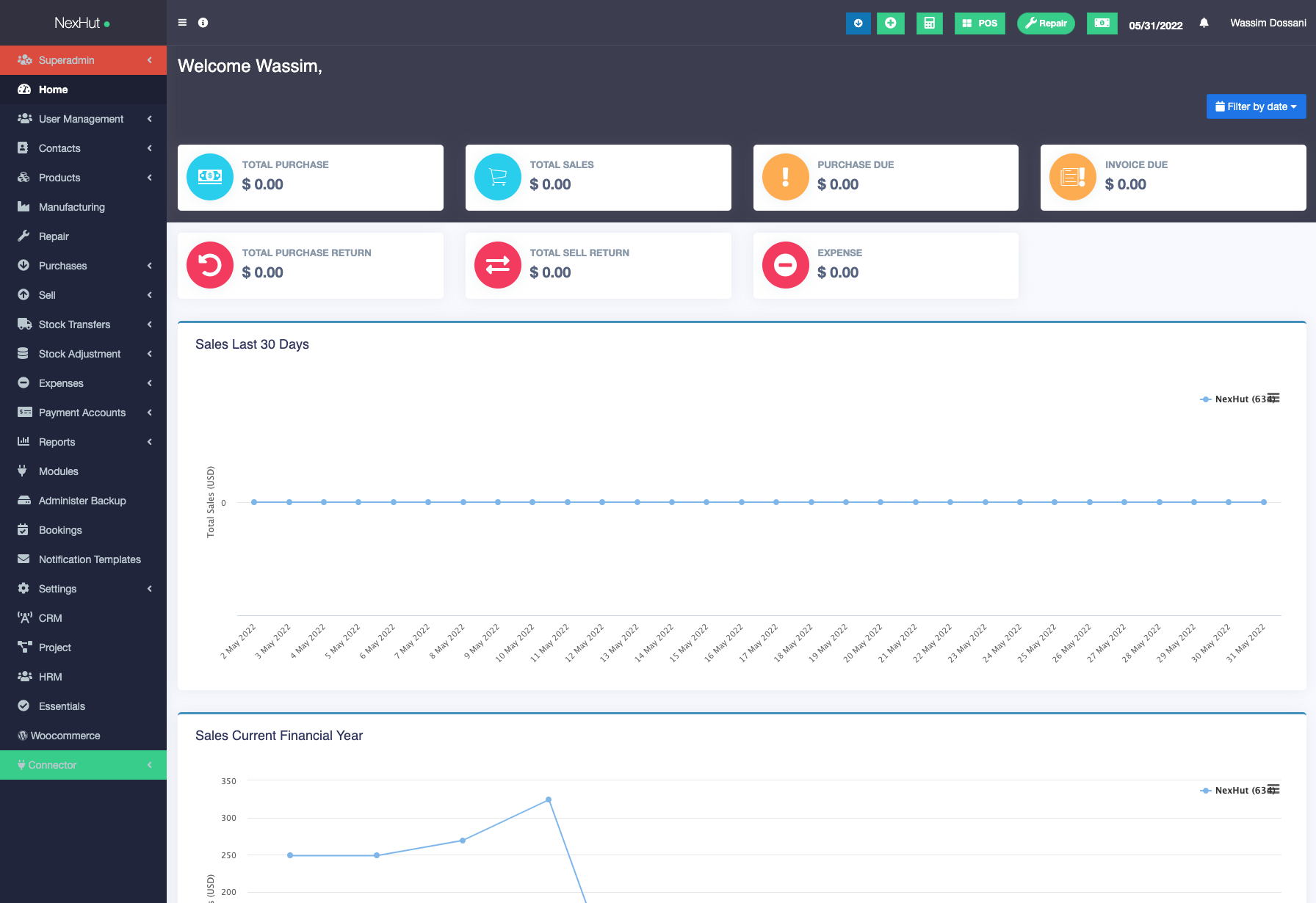Table of Contents Hide
- Table of Contents
- What are the 3 Types of Web Hosting?
- Can You Do Web Hosting Yourself?
- The Basics of Web Hosting
- What Are the Three Requirements for Hosting Your Own Website?
- Is It Worth Self-Hosting a Website?
- Cons of Self-Hosting
- Considerations for Beginners:
- WordPress Blogging and Monetization
- Exploring Alternatives: Vultr Hosting
- Conclusion
- About Post Author
Table of Contents
In today’s digital age, having a strong online presence is crucial for individuals and businesses alike. Whether you’re looking to start a personal blog, showcase your portfolio, or launch an e-commerce store, one of the fundamental aspects you need to understand is web hosting. In this beginner’s guide, we’ll explore the ins and outs of web hosting, its types, and even touch upon the concept of self-hosting.
What are the 3 Types of Web Hosting?
When it comes to web hosting, there are three primary types to consider: shared hosting, VPS hosting, and dedicated hosting.
- Shared Hosting: This is a cost-effective option where multiple websites share resources on a single server. It’s suitable for beginners and small websites with minimal traffic.
- VPS Hosting: Virtual Private Server (VPS) hosting offers more control and resources by partitioning a single server into multiple virtual servers. It’s a great step up from shared hosting, providing better performance and scalability.
- Dedicated Hosting: With dedicated hosting, you have an entire server dedicated to your website. This offers the highest level of control, performance, and customization but comes at a higher cost. It’s ideal for large websites and businesses with heavy traffic.
Can You Do Web Hosting Yourself?
While web hosting might seem complex, many individuals and businesses choose to manage their own hosting. This involves setting up and maintaining servers, which requires technical expertise. However, this route provides unparalleled control over your website’s performance and security. If you’re considering self-hosting, it’s essential to thoroughly understand server management and security practices.
The Basics of Web Hosting
At its core, web hosting involves storing your website’s files and data on a server that’s accessible to users via the internet. When someone types in your domain name, the browser sends a request to the hosting server, which then delivers the website’s content to the user’s device. It’s like renting space on the internet to make your website accessible around the world.
What Are the Three Requirements for Hosting Your Own Website?
Self-hosting requires three main components:
- Hardware: You need a dedicated server or powerful computer to host your website’s files and data. This hardware should have sufficient storage, memory, and processing power to handle incoming requests.
- Software: Operating systems (such as Linux or Windows Server), web server software (like Apache or Nginx), and database software (such as MySQL) are necessary for hosting a website. These components work together to serve your web pages to visitors.
- Internet Connection: A reliable and fast internet connection is crucial. Your server needs to be online 24/7 to ensure your website is accessible at all times.
Is It Worth Self-Hosting a Website?
Self-hosting a website can offer benefits such as complete control over your server environment, enhanced security measures, and the ability to customize your setup to meet specific needs. However, it’s important to weigh the pros and cons before diving into self-hosting.
Cons of Self-Hosting
- Technical Expertise: Self-hosting demands a strong understanding of server management, software updates, and security practices. This can be challenging for beginners without a technical background.
- Maintenance: You are responsible for server maintenance, troubleshooting, and addressing technical issues. This can consume a significant amount of time and effort.
- Cost: Self-hosting involves costs related to hardware, software licenses, and potentially hiring experts for assistance. It might not be cost-effective for smaller websites.
Considerations for Beginners:
If you’re new to web hosting, it’s advisable to start with shared or VPS hosting provided by reputable hosting companies. These options eliminate the complexities of server management while still offering good performance and support. As your website grows and your technical skills improve, you can explore self-hosting options.
WordPress Blogging and Monetization
For those looking to start a blog or even monetize an existing one, platforms like WordPress provide user-friendly solutions. You can set up a WordPress blog quickly and easily, even without extensive technical knowledge. If you’re interested in the nitty-gritty of starting a blog, check out this comprehensive guide: WordPress Blogging Guide. Additionally, if you’re curious about monetizing your WordPress website effectively, this guide offers valuable insights: WordPress Monetization Guide.
Exploring Alternatives: Vultr Hosting
If you’re considering hosting solutions, Vultr is a notable name in the field. They offer cloud-based hosting services with a variety of plans to choose from. As a bonus, you can get started with a $100 credit by signing up through this link: Get $100 credit with Vultr. This credit allows you to explore their services without a hefty upfront investment.
Conclusion
In conclusion, web hosting is a fundamental aspect of establishing your online presence. Whether you opt for shared hosting, VPS hosting, dedicated hosting, or even venture into self-hosting, understanding the basics is essential. For beginners, starting with managed hosting solutions provides a smoother learning curve. As your knowledge and requirements grow, you can explore more advanced hosting options. Remember, your hosting choice can significantly impact your website’s performance, security, and user experience.

About Post Author
Wassim Dossani
More Stories
Understanding Labor Day: A Deep Dive into Its Significance and Dates
Labor Day, a widely celebrated holiday in the United States, holds a special place in the hearts of many. It's...
5 things you didn’t know Nexhut could do for your awesome small business
Nexhut is a full-service technology company that can provide you with everything you need to get your business online. From...
What you need to know before starting a admirable life-changing blog
Blog is a great way to share your thoughts and ideas with the world. Not only can you reach a...
Complete Guide to Start WordPress Website with Monetization achievement – Step 1
In this article, you will learn to setup web hosting, purchase of domain name, configuring your web hosting server to get best performance. Understanding the concept of monetization with Google Adsense and Affiliate Marketing.
The 631-HP Lamborghini Huracán Tecnica
Lamborghini Huracan Tecnica Lamborghini Huracan is still going strong with its production of the iconic Huracan. It’s been less than a...
Need to Know About the Classic Cars in a Retro Movie?
There’s just something about classic cars that makes a scene or movie feel more authentic. Whether it’s a retro film...


